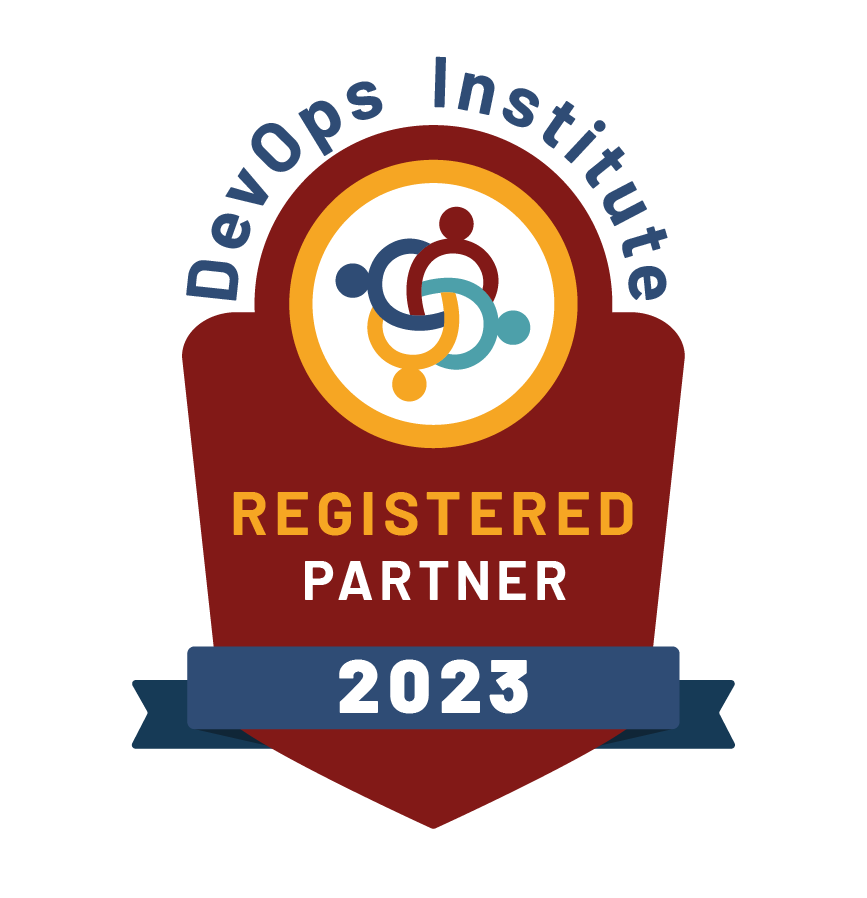 Certificate
Certificate
Course Outline
Course Introduction
- Course Goals
- Course Agenda
Module 1: SRE Principles & Practices
- What is Site Reliability Engineering?
- SRE & DevOps: What is the Difference?
- SRE Principles & Practices
Module 2: Service Level Objectives & Error Budgets
- Service Level Objectives (SLO’s)
- Error Budgets
- Error Budget Policies
Module 3: Reducing Toil
- What is Toil?
- Why is Toil Bad?
- Doing Something About Toil
Module 4: Monitoring & Service Level Indicators
- Service Level Indicators (SLI’s)
- Monitoring
- Observability
Module 5: SRE Tools & Automation
- Automation Defined
- Automation Focus
- Hierarchy of Automation Types
- Secure Automation
- Automation Tools
Module 6: Anti-Fragility & Learning from Failure
- Why Learn from Failure
- Benefits of Anti-Fragility
- Shifting the Organizational Balance
Module 7: Organizational Impact of SRE
- Why Organizations Embrace SRE
- Patterns for SRE Adoption
- On-Call Necessities
- Blameless Post-Mortems
- SRE & Scale
Module 8: SRE, Other Frameworks, The Future
- SRE & Other Frameworks
- The Future
Additional Sources of Information
Exam Preparations
- Exam Requirements, Question Weighting, and Terminology List
- Sample Exam Review
Requirements
PREREQUISITES
An understanding and knowledge of common DevOps terminology and concepts and related work experience are recommended.
AUDIENCE
The target audience for the SRE Foundation course are professionals including:
- Anyone starting or leading a move towards increased reliability
- Anyone interested in modern IT leadership and organizational change approaches
- Business Managers
- Business Stakeholders
- Change Agents
- Consultants
- DevOps Practitioners
- IT Directors
- IT Managers
- IT Team Leaders
- Product Owners
- Scrum Masters
- Software Engineers
- Site Reliability Engineers
- System Integrators
- Tool Providers
Delivery Options
Private Group Training
Our identity is rooted in delivering exactly what our clients need.
- Pre-course call with your trainer
- Customisation of the learning experience to achieve your goals -
- Bespoke outlines
- Practical hands-on exercises containing data / scenarios recognisable to the learners
- Training scheduled on a date of your choice
- Delivered online, onsite/classroom or hybrid by experts sharing real world experience
Private Group Prices RRP from £3800 online delivery, based on a group of 2 delegates, £1200 per additional delegate (excludes any certification / exam costs). We recommend a maximum group size of 12 for most learning events.
Contact us for an exact quote and to hear our latest promotions
Public Training
Please see our public courses
Testimonials (5)
I like the interactive approach taken by the trainer.
Patrik - Deutsche Telekom IT & Telecommunications Slovakia s.r.o
Course - Site Reliability Engineering (SRE) Foundation®
Exercises :)
Zuzana Bartok - Deutsche Telekom IT & Telecommunications Slovakia s.r.o
Course - Site Reliability Engineering (SRE) Foundation®
Shared experience, new information.
Lukas - Deutsche Telekom IT & Telecommunications Slovakia s.r.o
Course - Site Reliability Engineering (SRE) Foundation®
Workshop exercises
Lukas - Deutsche Telekom IT & Telecommunications Slovakia s.r.o
Course - Site Reliability Engineering (SRE) Foundation®
new information



